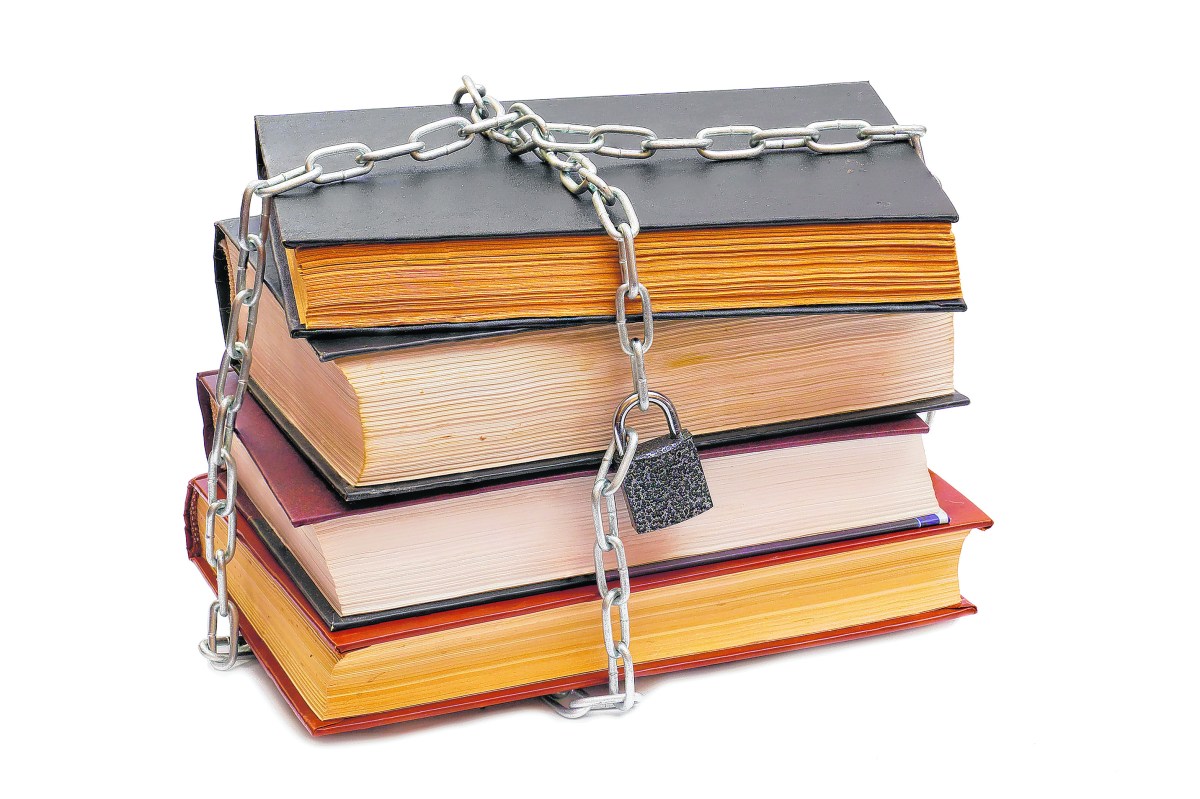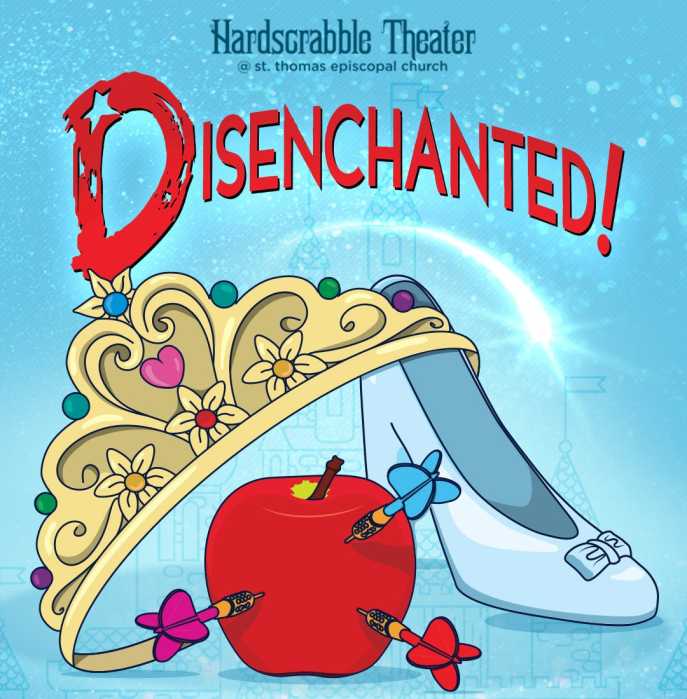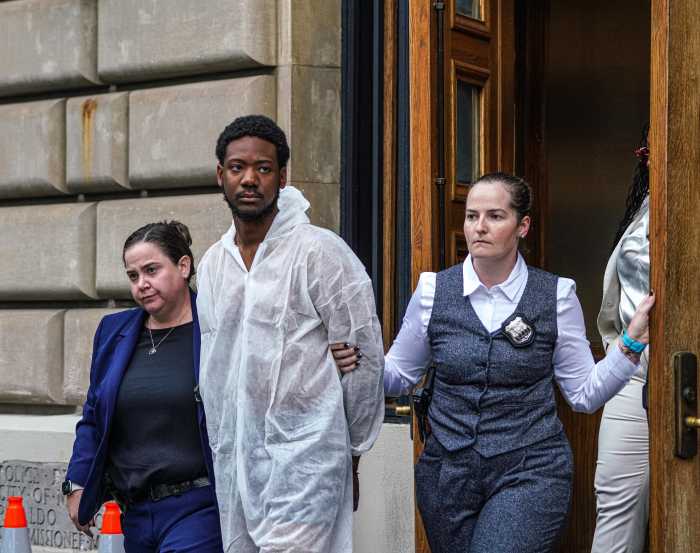The New York Civil Liberties Union is monitoring the Eastport-South Manor Central School District’s decision to declare 14 books obsolete, raising concerns about a hushed mass book ban.
The titles, which include Fahrenheit 451, The Bluest Eye, Inherit The Wind, Black Boy and Go Ask Alice, were unanimously declared obsolete by the school board last summer at the request of the District’s superintendent.
“When they passed the resolution last July, the board offered no explanation — they offered no justification for why they disposed of the books,” said Emma Hulse, an education counsel for NYCLU.
The resolution came in the wake of a nationwide surge in book bans. PEN America reported that, nationwide, they’d tripled in just a year from 3,362 to 10,046.
Fearing another case of censorship, an Eastport alum contacted NYCLU, and ears perked at headquarters — many of these books are targets for right-wing groups due to their thematic content.
The Bluest Eye, for example, is among the most banned books in American history due to Toni Morrison’s depiction of sexual violence. Throughout the 2023/2024 school year, it was banned at least 52 times across the nation according to PEN America.
Inherit the Wind is also a frequent target for its treatment of 1925’s Scope’s Trial.
The trial, which challenged a Tennessee state law that banned classroom discussion of evolution, presented viewpoints that undermined creationist views on human origin in favor of analyses rooted in science.
In 2013, Eastport’s high school production of the play was met with protest from community members.
With these facts in mind, the NYCLU reached out to Eastport requesting more information.
The district explained that it intended to “simply surplus those materials which were damaged and no longer in appropriate condition for use in the school.” It sent three pictures — stacks of Fahrenheit 451 and Inherit the Wind, some tearing — to prove the point.
It went on to assure that The Bluest Eye, Black Boy and Inherit The Wind would remain part of the school curriculum.
But they weren’t, not according to curricula from the 2023-2024 and 2024-2025 school years the district provided, in which none of the three books is present.
And, according to purchase orders, the district only bought new copies of Fahrenheit 451. The other 13 books, now discarded, are absent from the list of orders. Presumably, they were not replaced.
To NYCLU, this casts doubt on the district’s claim that the obsolete designation was a matter of material condition.
In a letter sent to Eastport Superintendent Joseph Steimel and Board of Education President Jeffrey Goldhammer, NYCLU stated it “remains concerned that the district’s stated justification for declaring the books obsolete was pretextual.”
In a response, the BOE stated it would look deeper into the matter after it reconvenes in early August.
“There is the possibility that there is a really innocent explanation for all of this,” said Hulse. “One plausible alternate explanation is that they already had a lot of copies [of the obsolete titles] and they only surplused some of them. If the district can provide proof that they still have classroom sets of the books and they remain in the curriculum, we’ll be delighted to hear it.”
That said, the facts of the case resemble covert book ban practices typical in blue states, according to censorship historian Ira Wells.
“It is perfectly legitimate for libraries to get rid of books that are falling apart or outdated,” he said, describing a practice known as weeding. “But the American Library Association, is very, very clear that weeding is not a deselection tool for controversial material.”
In red states, “governments can make it very easy” to challenge books by enacting legislation. Wells gave the example of Florida: “Ron DeSantis made it easier for parents to challenge books by making libraries publish their published lists of everything that they had on their websites, see what’s there and then challenge it.”
In left-leaning states, where such legislation is unlikely, “we have seen the abuse of weeding systems,” he added.
Should the Eastport debacle be a case of book banning, it wouldn’t be out of character for Long Island, a region that’s often been at the center of such controversies.
In 1975, Nassau’s Island Trees School District removed books including Go Ask Alice and Black Boy from school library circulation. They were deemed “Anti-American, Anti-Christian, Anti-Semitic, and just plain filthy.” The decision was met with backlash from an incensed group of students.
They took their school board to the Supreme Court.
In a 5-4 ruling, a plurality of justices concluded that the ban should be overturned, but they couldn’t agree on why. To some, it was a matter of free speech; to another, a case of what is and isn’t within a school’s purview.
Needless to say, the ruling is hazy and it failed to provide a concrete precedent.
More recently, in 2022, the Smithtown School District banned pride-related books from its library’s children’s section. The decision was quickly reversed following widespread backlash, including condemnation from Governor Kathy Hochul. That same year, Connetquot and Plainedge restricted access to books about gender dysphoria and racism, respectively.
The Eastport case is the first serious Long Island potential book ban case to have caught NYCLU’s attention in the past few years.
But, worried that the nationwide book banning trend may make its way to The Island and greater New York, NYCLU plans to follow the situation at Eastport closely.
An Eastport representative said the board of education was not immediately available for comment.



































